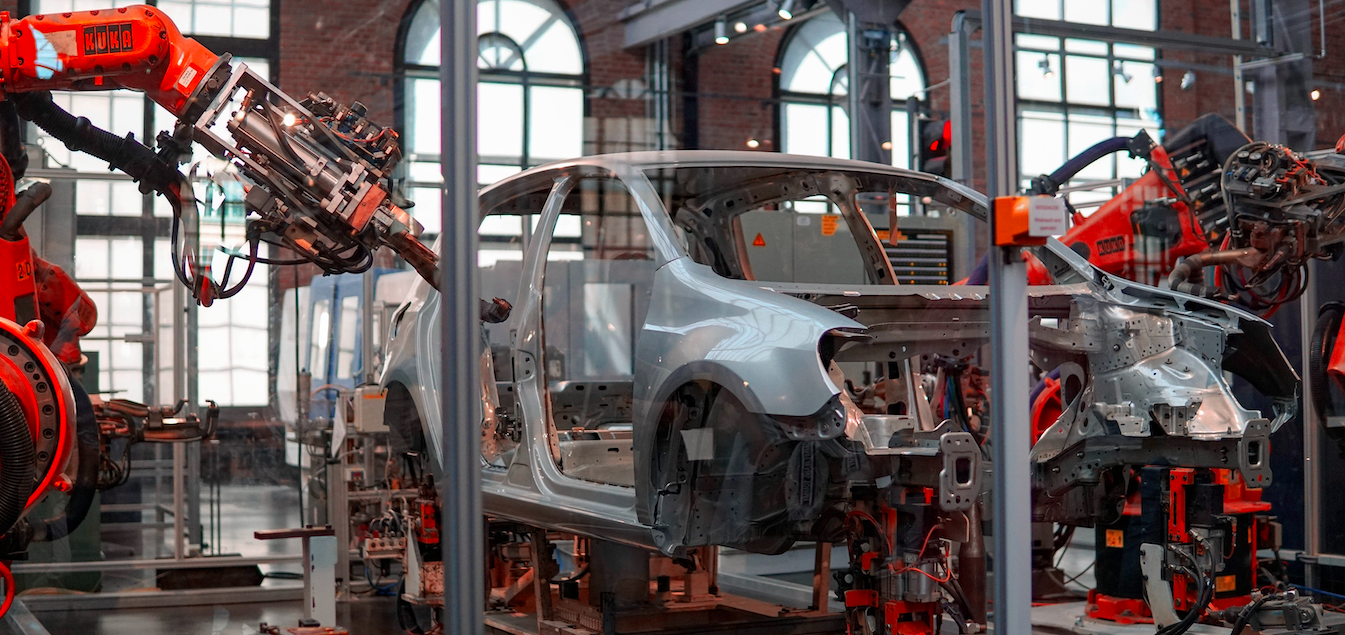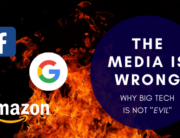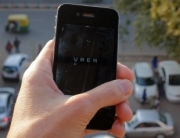Entrepreneurship has always been challenging. Many start-ups fail. When a once-in-a-generation challenge like COVID-19 happens, the obstacles entrepreneurs face goes from difficult to back-breaking. Lots of people are writing about this so I’m not going to.
Despite the challenges, it’s important to remember that for entrepreneurs, change can mean opportunity. Models like the Lean Startup have trained early stage companies about the value of experimentation and pivoting to meet client needs. Many incumbents are inflexible and stuck in ‘the way they’ve always done it’.
Warren Buffet famously said, ‘it’s only when the tide goes out that you see who’s been swimming naked’. Well, the tide’s definitely out and there’s a plethora of legacy businesses flopping around on the beach. This has created a once in a generation opportunity to either oust or assist incumbents. It is time to get to work.
Give me some examples you ask? I’ve been in the working world for 3 big economic downturns: the ‘dotcom crash’ of 2000, the global economic downturn of 2008- and now the COVID-19 recession. These were some of the major outcomes.
Google and Netflix were founded just before the dotcom crash while Facebook, Shopify and Tesla were founded just after. They evolved and grew through the ups and downs of the next twenty years and are now among the most valuable companies in the world. They left behind old school competitors such as Yahoo, Blockbuster and much of the legacy advertising, retail and automotive world.
Who will be the companies formed now that replicate this success or even replace them in the next decade? They’ll be the agile start-ups and early stage companies that create and capture value for the realities of the post pandemic world. Will you be one of them? What segments are ripe for innovation? Ask yourself two things. What’s changed? What will continue to be the same?
Let’s look at some of the biggest segments of the economy to get a feel for examples of where opportunity is presenting itself: real estate, manufacturing, health care, and education.
Real Estate Reinvented
What has changed in real estate? Maybe everything. Since Richard Florida published his 2002 book, ‘The Rise of the Creative Class’, it’s been largely agreed upon by experts that urban density is good. People like to live in close proximity to others and the jobs, entertainment and social interactions that dense cities enable. In addition, density supports cost-effective climate friendly public transportation.
The problem is that some of those things may not be true anymore. If physical distancing becomes a ‘new norm’, density may be the exact opposite of what people prefer. Who wants to be packed into a crowded theatre or subway today? Will there be innovative new offerings that provide the ‘best of both worlds’ in the future? Will they be from you?
What about work? Historically we talk about going to work. We refer to work as a place. If the COVID-19 recession has proved anything, it’s that for many knowledge workers, work is clearly not a place. It’s an activity that can be done anywhere and increasingly is. How many Zoom meetings did you have today? I rest my case. This trend was already underway for many innovative new companies, but legacy organizations were often stuck in their mindsets and work was a place you went, often in expensive office buildings downtown. After this crisis ends, will they return to that historic model? Perhaps. Maybe only partially. Potentially not at all. Who will profit because of these changes?
Is it Time to Build Again?
Manufacturing was the backbone of North American blue-collar jobs and middle-class lives in the second half of the twentieth century, but in the twenty-first century it’s been hit hard by the twin movements towards offshoring and automation. Will those trends continue or reverse?
One of the most significant challenges of the recent pandemic has been the high level of difficulty in sourcing essential supplies, such as personal protective equipment and ventilators. The traditional upside of offshoring to lower cost manufacturers overseas is now a challenge as we lack the capability to manufacture many needed products in the volumes we need. Will the offshoring trend reverse as companies chose to reduce supply chain risks and make some products locally again? What opportunities might that create for entrepreneurs?
The automotive world is one of the larger manufacturing sectors. Traditional manufacturers like GM and Ford who have long supply chains are in dire straits. Both recently reported plummeting earnings and are cutting dividends whereas Tesla had a profitable quarter and is leading the charge in next generation electric cars and has seen their stocks soar. Will climate friendly autonomous electric cars entice travellers away from public transit?
The venture capitalist Marc Andreessen recently posted a challenge saying It’s Time to Build advocating for investing to ‘build’ again by having the mechanisms, the factories, and the systems that enable us to solve big problems. Will your start-up help us build and solve big problems?
Telehealth in a New Reality
Another major portion of our economy is healthcare and of course there are many wondrous drugs, equipment and capabilities prevalent in the sector. It is also sadly still a sector that depends on faxes and paper patient records and has been tied in knots by an unwillingness to move from the status quo. Coronavirus has changed that as the world increasingly demands digital alternatives. In one example, telehealth is finally booming in the healthcare sector and experts say it’s unlikely that we’ll return to the status quo after the crisis is over. There are many start-ups in this sector and incumbents are likely much more open to your offerings now more than ever! Go for it!
Transforming the Learning Experience
Finally let’s look at education. Kids have been out of the classroom for quite some time now and despite the valiant efforts of teachers and parents, it’s pretty clear that the current remote learning options aren’t perfect. We need to do better. Can you help?
Post-secondary education and lifelong learning experiences similar challenges. I’m preparing to teach my summer MBA course remotely for the first time now using Zoom and Canvas as my education platforms. I’m learning as I go but it’s not the same experience for students nor educators – yet. How can we get better?
Education is the backbone of modern economies and unless we solve these problems our economies and quality of life will decline. So now the question is how will we get better?
Are you Embracing Agile?
The COVID-19 pandemic has created immense challenges for start-ups, but it’s imperative to remember that with challenge comes opportunity. Communicate the value your start-up creates in this changed world or pivot to an alternative you’ve recently identified. There’s never been so much demand for new solutions and there’s unprecedented public sector supports for innovation. The next Google, Shopify and Tesla are being launched now. Will your start-up be among them?









Recent Comments